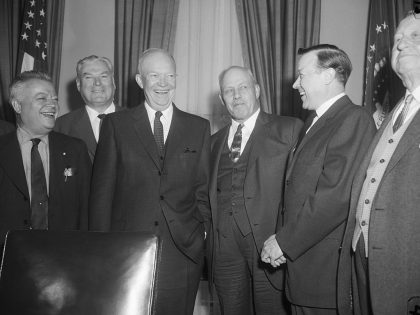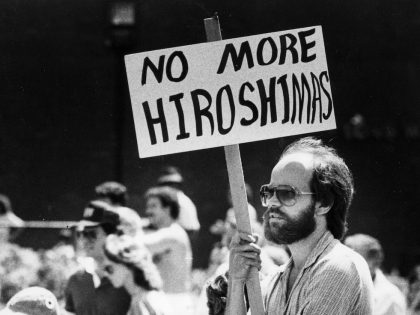
American Labor’s Shameful History of Support for Zionism
Some American trade unionists have argued that labor should remain “neutral” on the question of Palestine. In fact, the US labor movement has never been neutral: its union officialdom has a more-than-century-long history of allying with Zionism.


















